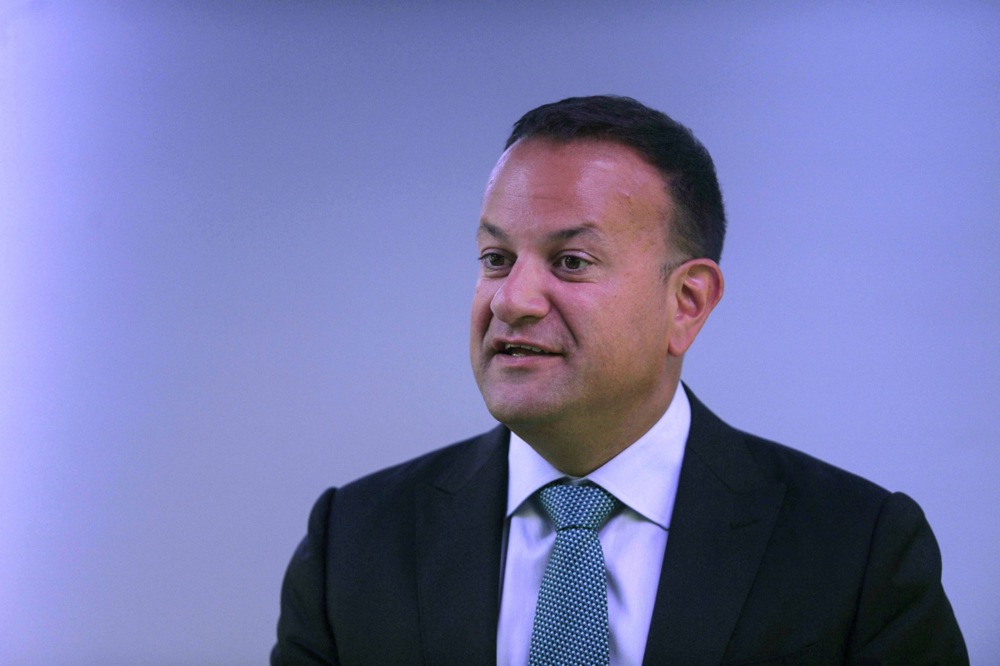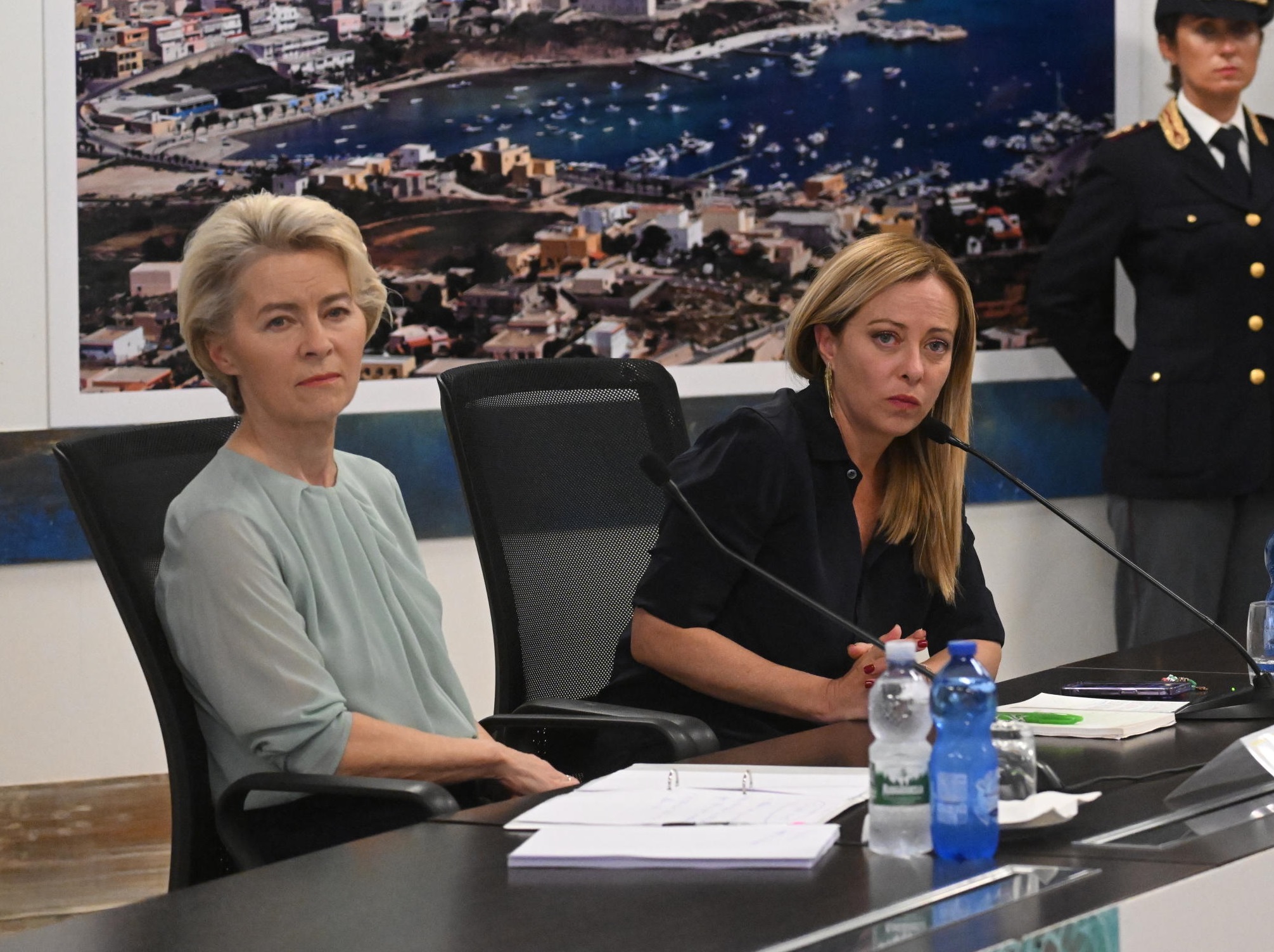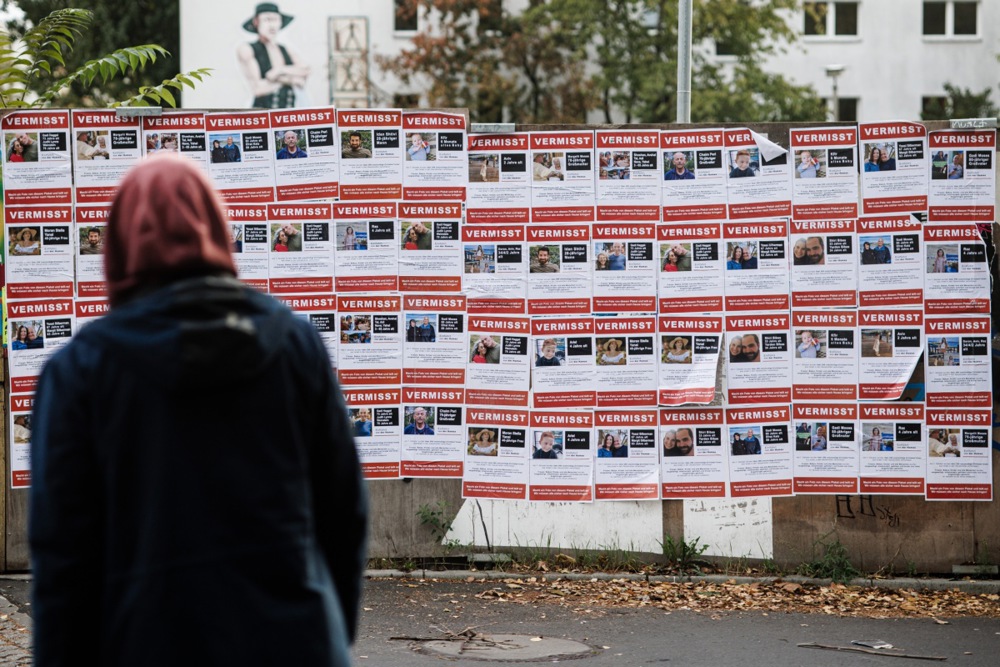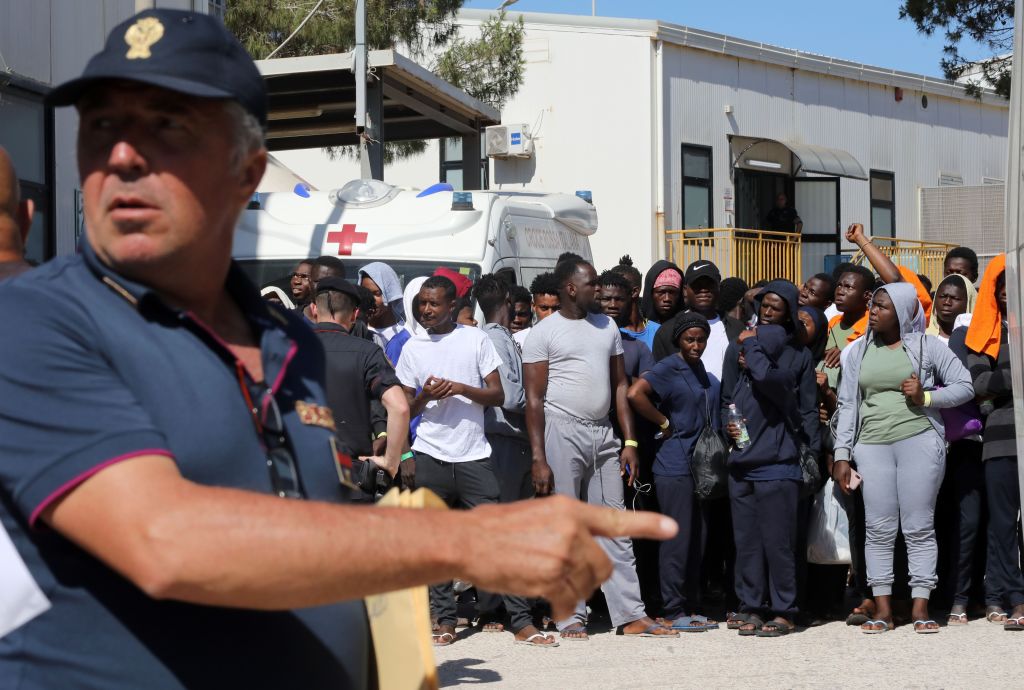The ongoing Israel-Hamas war is speeding the return of internal borders in the European Union, with analysts saying it has also put paid to Romanian and Bulgarian hopes of joining the Schengen Area.
Italy reimposed border controls on Slovenia on October 18. Slovenia then reintroduced its own checks the next day with Croatia and Hungary.
Furthermore, the return of violence in the Middle East “is likely to postpone Romania and Bulgaria’s entry” to Schengen, making it “much more unlikely”, Alison Mutler, a former AP correspondent who now runs the Romanian news site Universul.net, told Brussels Signal in an interview.
Spain has suggested holding a vote on the two countries’ membership of the 27-nation Schengen visa-free zone during a meeting on December 5-6 of EU justice and home affairs ministers. A unanimous positive vote would be necessary for both to join.
Austria and the Netherlands have both previously vetoed Bulgaria’s entry due to illegal migration issues, with Austria vetoing Romania as well.
Overcoming those governments’ objections had been a priority for both countries’ diplomacy. Sometimes this has descended into conflict, with Romanian PM Marcel Ciolacu threatening a part Austrian-owned gas project in the Black Sea if Austria did not withdraw its veto.
For both countries, being able to enter the Schengen Area “would have helped their economies”, said Mutler.
Those in the zone, which currently includes all EU nations other than Bulgaria, Cyprus, Ireland and Romania, do not conduct immigration checks on their shared borders with other Shengen members.
Croatia was the most recent to join at the start of this year. Non-EU members Iceland, Norway, Switzerland and Liechtenstein also form part of the Schengen Area.
Mutler said, with increased numbers of Middle Eastern migrants entering the EU through the Balkans, “I am not sure Romanians and Bulgarians were prepared to deal with an influx of migrants – something they haven’t ever seen, including during the 2015 wave.”
In 2015, 1.3 million people came to Europe as migrants or to request asylum, the most in any year since the Second World War, amidst civil wars in Libya, Syria, and Iraq.
The first nine months of 2023 have seen this number reach the highest since 2016, according to the United Nations High Commissioner for Refugees.
Italian Prime Minister Giorgia Meloni wrote on X that it was the “worsening of the situation in the Middle East” and “increase in migratory flows along the Balkan route” that made Italy’s “suspension of the Schengen Treaty on free movement in Europe” necessary.
Recent developments regarding migration, occurring at the same time as a number of bomb threats in Europe, represented “a kind of repetition of the 2015 crisis that is a convergence between a migrant crisis and a terrorist crisis”, said Pierre Berthelet, a border management and legal expert working with the European Commission’s migration department.
With EU members gradually reimposing border controls with their European neighbours, he asked: “Is the foundation of the EU inching from an economic basis towards a more security basis?”
Nechifor Catalin Ioan, a former Romanian MP and MEP, said limiting freedom of movement risked “becoming irreversible”.





